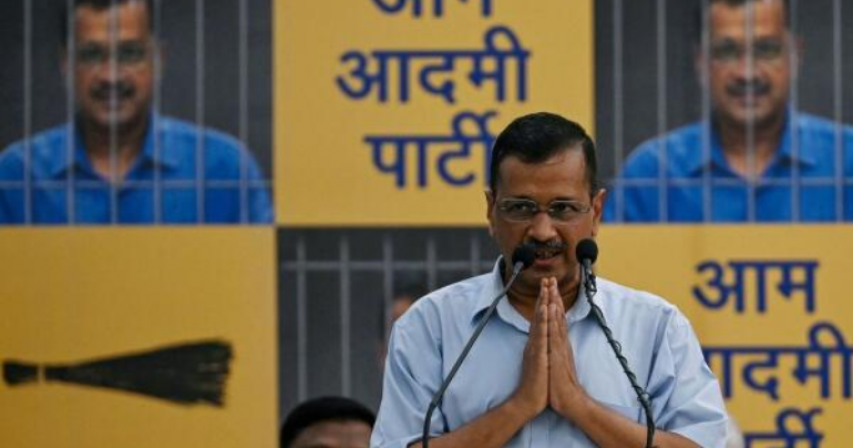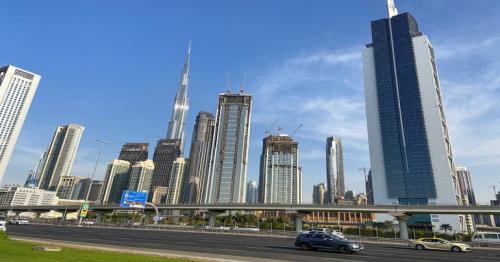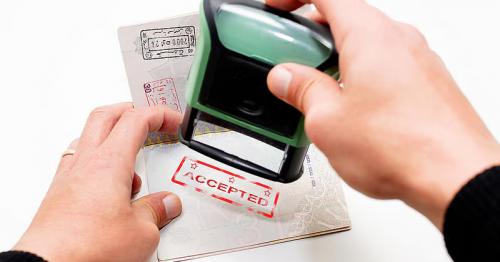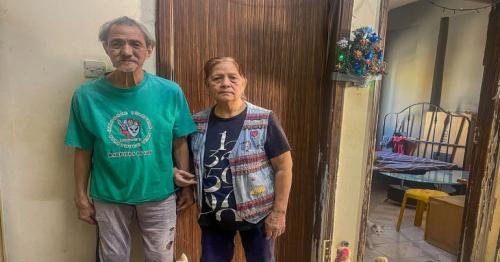India: Arvind Kejriwal granted bail in graft case

Delhi Chief Minister Arvind Kejriwal has been granted bail in a money laundering case tied to alleged irregularities in the now-cancelled Delhi excise policy for 2021-22. The Rouse Avenue court issued the bail on Thursday, with vacation judge Nyay Bindu presiding over the decision. Kejriwal was required to furnish a bail bond of Rs one lakh for his release.
The Enforcement Directorate (ED), which had arrested Kejriwal on March 21, requested a 48-hour delay in the bail bond process, but this request was denied by the court. Kejriwal's arrest was in connection with the money laundering case linked to the purported irregularities in the excise policy, which was eventually scrapped.
Previously, on May 10, the Supreme Court had granted Kejriwal interim bail, taking into account the upcoming Lok Sabha polls. The court had directed him to surrender on June 2 and had also restricted him from visiting the Office of the Chief Minister and the Delhi Secretariat during this period.
Kejriwal's legal troubles had escalated when the Delhi High Court dismissed his plea for release from jail, rejecting his argument that the case was a result of political vendetta amid the Lok Sabha elections. The High Court's decision meant that Kejriwal had to remain in custody until further orders.
The bail granted on Thursday comes as a significant relief for Kejriwal, who has maintained his innocence throughout the proceedings. The allegations against him involved supposed financial misconduct and policy irregularities during his administration's handling of the excise policy. The ED had been investigating these claims as part of a broader crackdown on corruption and money laundering activities.
The cancelled excise policy had initially been introduced with the aim of reforming Delhi's liquor trade. However, it faced substantial scrutiny and criticism, leading to accusations of favoritism and financial impropriety. The ED's investigation focused on these alleged irregularities, resulting in the high-profile arrest of Kejriwal.
As part of the bail conditions, Kejriwal had to comply with the court's directives, including the furnishing of the bail bond. The denial of the ED's request for a 48-hour postponement indicated the court's readiness to expedite the bail process. This decision underscored the judiciary's commitment to ensuring due process while balancing the needs of the investigation with the rights of the accused.
Kejriwal's legal team welcomed the court's decision, emphasizing that their client had always cooperated with the investigation and would continue to do so. They reiterated their stance that the charges against him were unfounded and politically motivated.
The case continues to be a point of contention in Delhi's political landscape, reflecting the broader debates on governance, accountability, and the rule of law. As the legal proceedings unfold, they are likely to have significant implications for both Kejriwal's political career and the future of policy reforms in Delhi. The bail granted to Kejriwal marks a pivotal moment in this ongoing legal saga, providing him with temporary reprieve and the opportunity to address the charges in court while out of custody.
By: Sahiba Suri





Comments